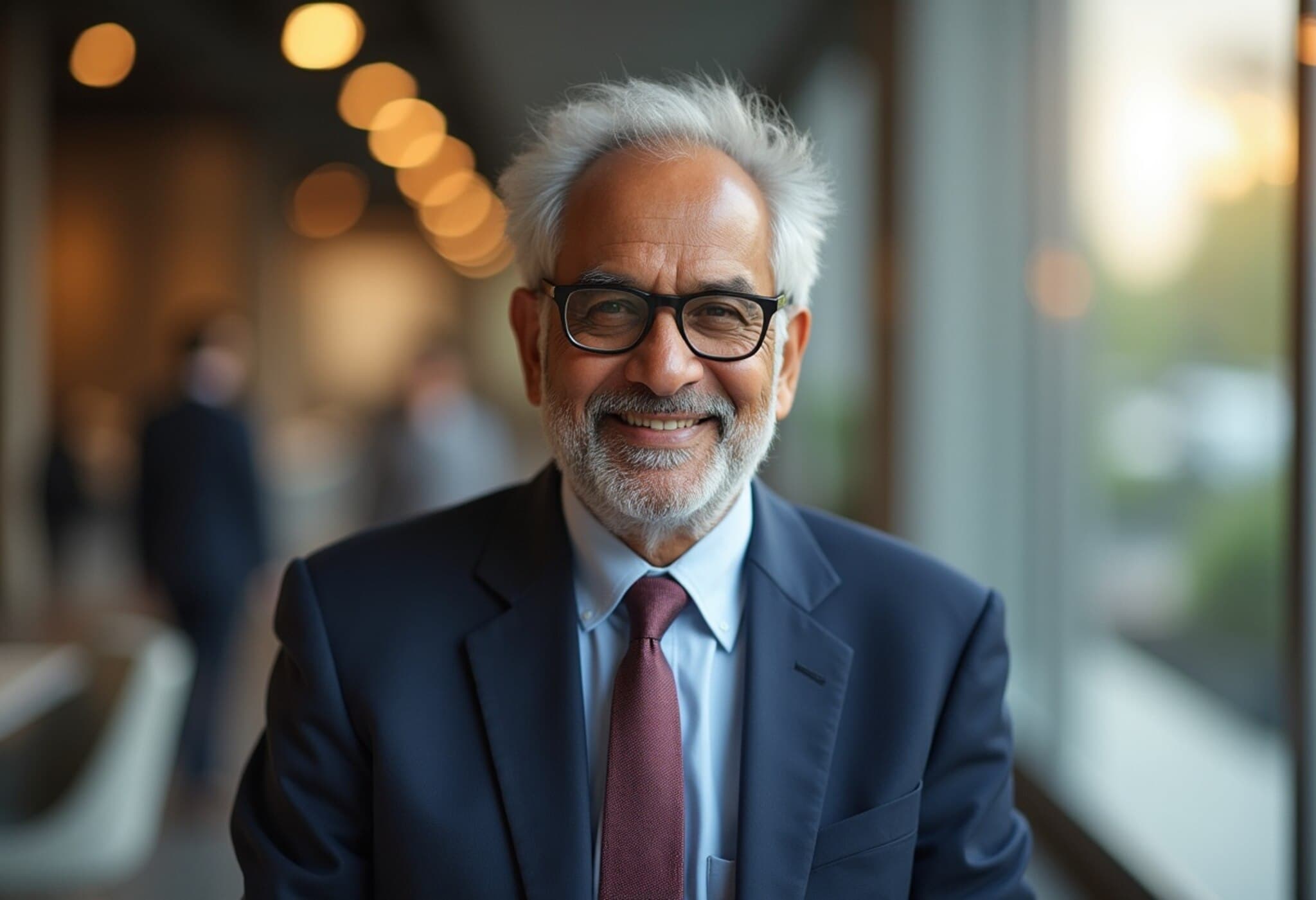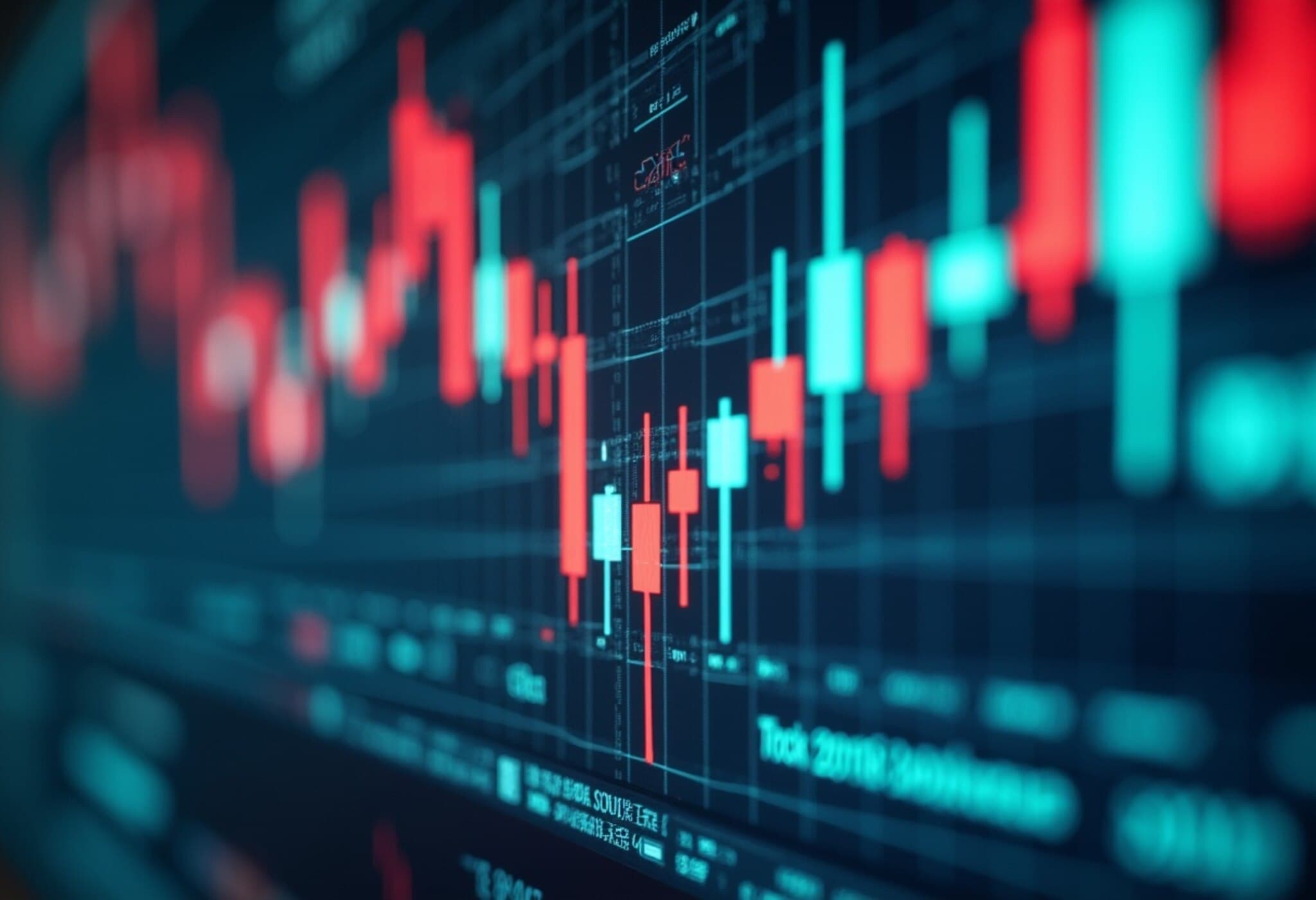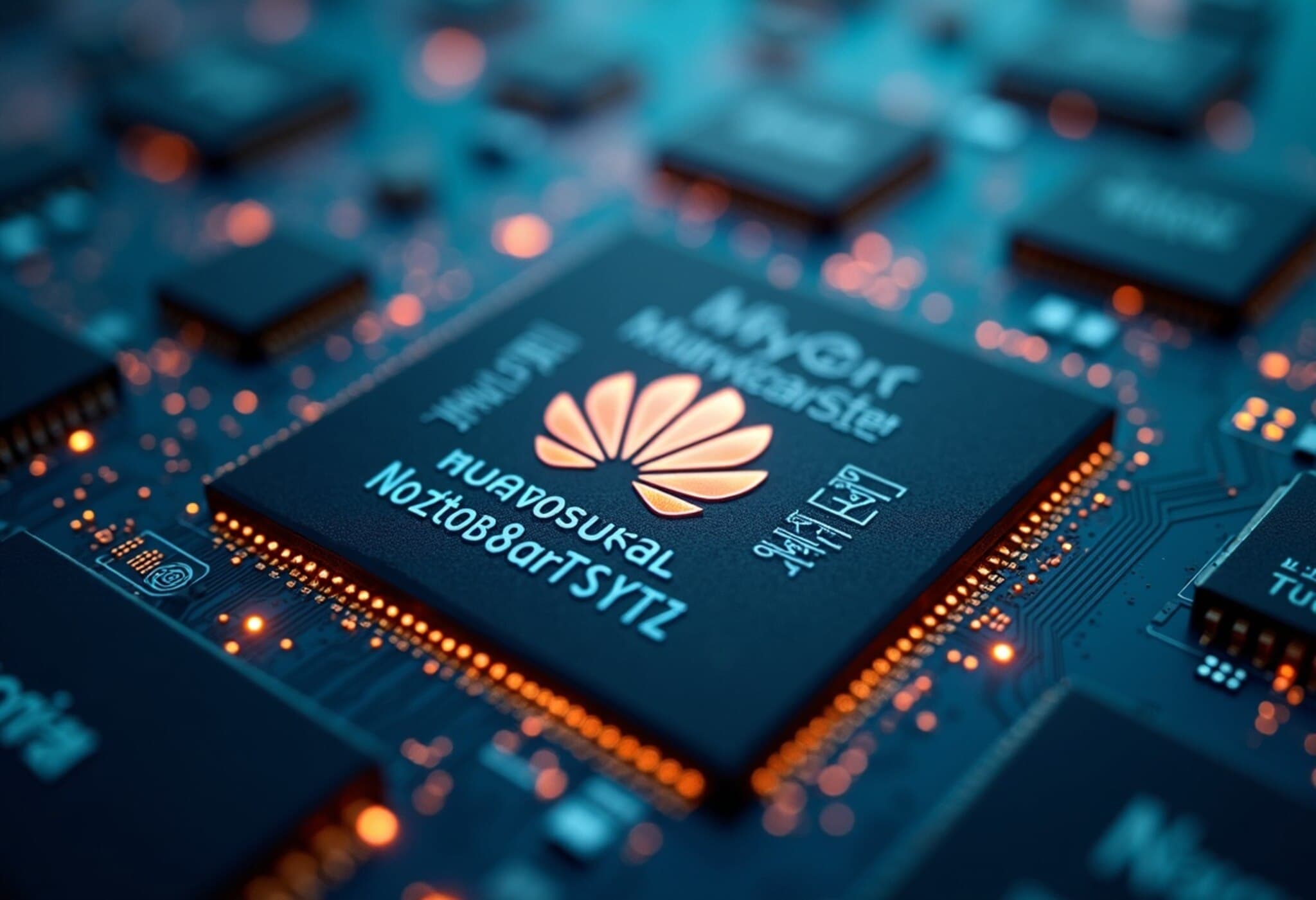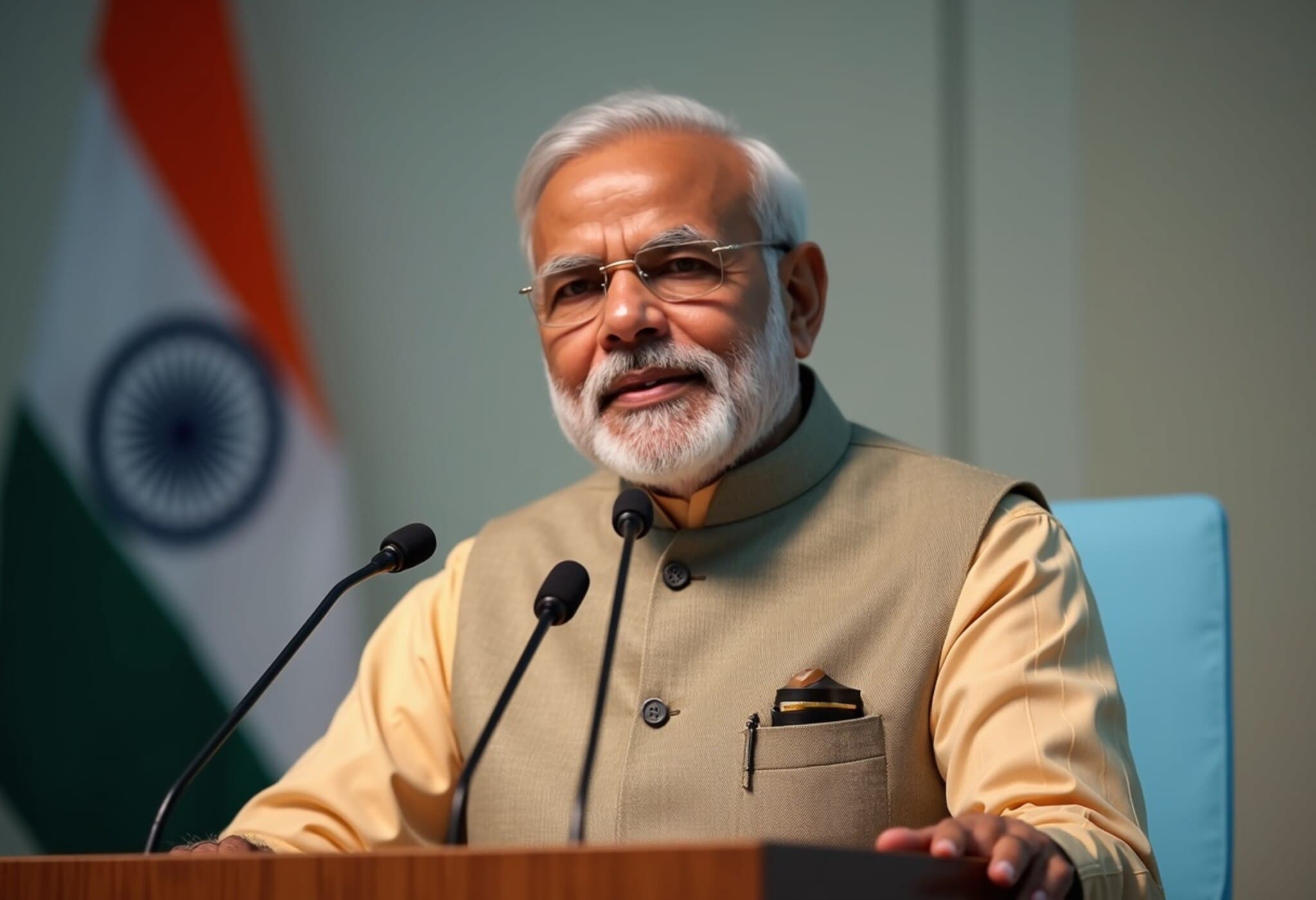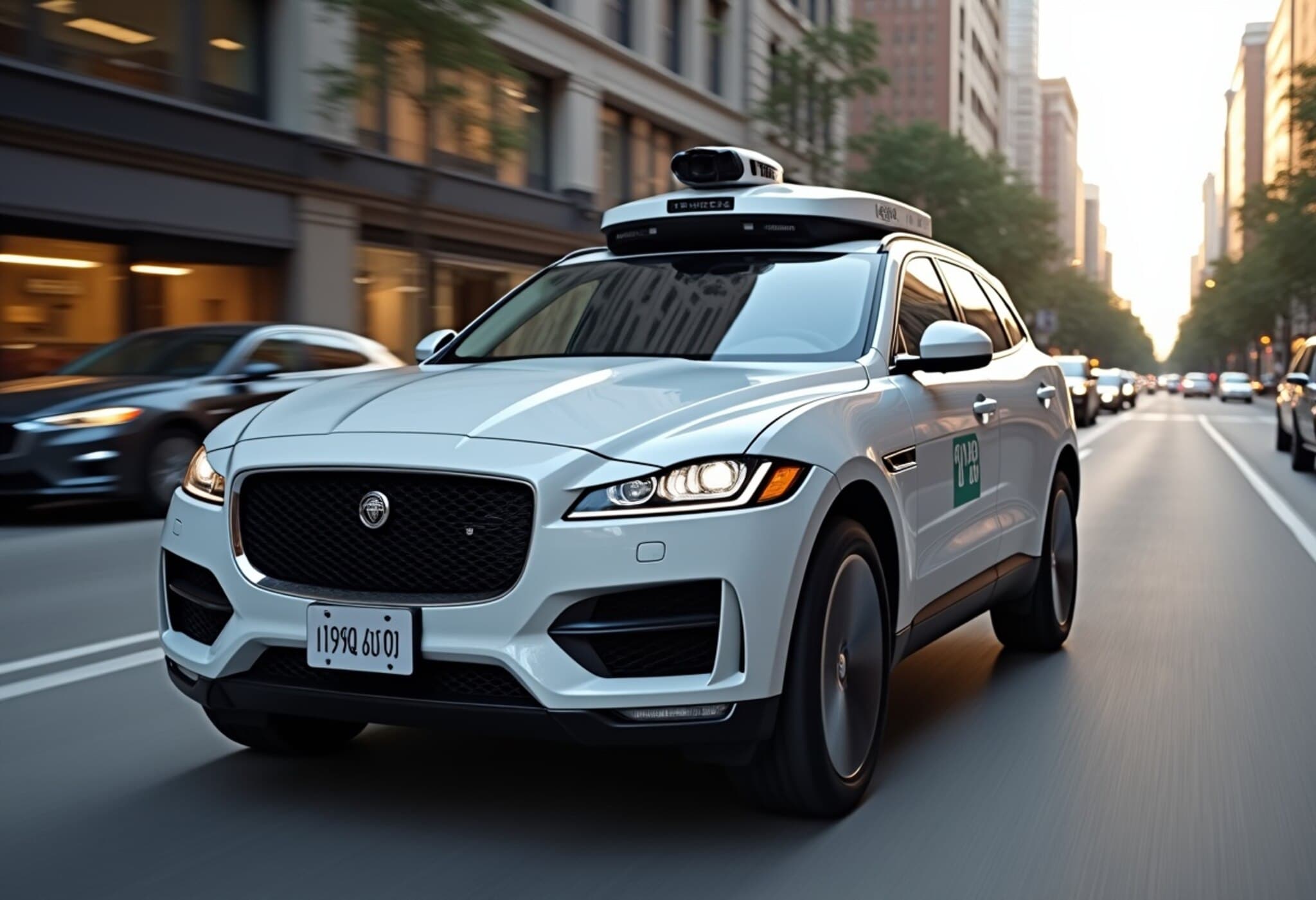Meta's Absence Signals a Shift in Tech Industry Support for LGBTQ+ Community
For years, Meta, formerly Facebook, was a visible supporter of San Francisco Pride, with CEO Mark Zuckerberg notably ensuring the company had a place in the parade. However, this year marks a stark departure: Meta will not participate in the 2025 SF Pride festival, reflecting a broader retreat by major tech companies from public LGBTQ+ advocacy.
From Active Allyship to Silence
Back in 2015, Zuckerberg personally reached out to ensure Facebook's inclusion after concerns arose about the company's real-name policy affecting transgender users. At that time, the policy sparked controversy as it allowed bad actors to report and potentially silence LGBTQ+ individuals who did not use their legal names.
Following policy revisions, Zuckerberg's outreach symbolized Facebook’s commitment to the LGBTQ+ community. Over time, however, that relationship has fractured. SF Pride officially severed ties with Meta in March after the company introduced significant policy changes, including scaling back diversity hiring initiatives and loosening content moderation standards—moves that many fear could increase online harassment of marginalized groups.
Wider Tech Industry Pullback
Meta is not alone in stepping away. Other tech giants, such as Alphabet (Google's parent company), Amazon, and Salesforce, have also withdrawn sponsorship after years of support. This retreat is especially poignant considering San Francisco’s dual identity as a global tech hub and a foundational city for LGBTQ+ rights in the United States.
San Francisco Pride Executive Director Suzanne Ford emphasized the sharp impact of this withdrawal. With tech companies historically contributing over 15% of SF Pride's sponsorship funding, the event's budget faces an unexpected $180,000 shortfall due to reduced corporate backing.
The Human Element Behind the Numbers
Ford noted that past years typically involved active engagement with tech companies' employee resource groups leading up to Pride. In contrast, invitations and communications have dried up this year, reflecting a palpable silence within the tech sector regarding LGBTQ+ support.
She also highlighted hopes pinned on OpenAI CEO Sam Altman, a community member who was recently married. Despite brief conversations about SF Pride, Ford said she has yet to hear further from him or his company, underscoring a missed opportunity for leadership and advocacy.
What’s Driving the Retreat?
Experts suggest that growing political backlash, potential lawsuits, and vocal opposition from influential figures have created an environment where companies are increasingly wary of publicly supporting diversity, equity, and inclusion (DEI) efforts.
Human resources leaders observe that many corporate executives now offer their support quietly to avoid controversy, sometimes even making anonymous donations to Pride organizations. This cautious approach illustrates the tension between corporate values and external pressures.
Looking Ahead: Possibilities for Reconciliation
Despite the current distance, Ford remains open to future dialogue. She indicated that any renewed partnership with Meta would require clear commitments aligning with SF Pride's values, suggesting potential for change if Meta's leadership reassesses its direction.
As Meta and other tech firms rethink their public stances on LGBTQ+ support, San Francisco Pride continues to represent a crucial space where authenticity, inclusion, and creativity originated and flourished. The evolving relationship between the tech industry and this vibrant community remains a story worth watching closely.


